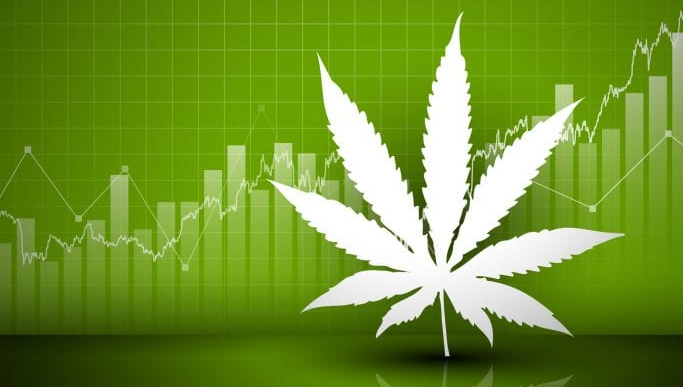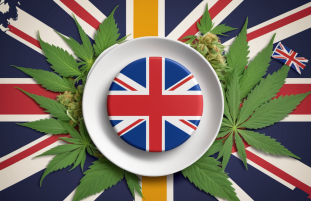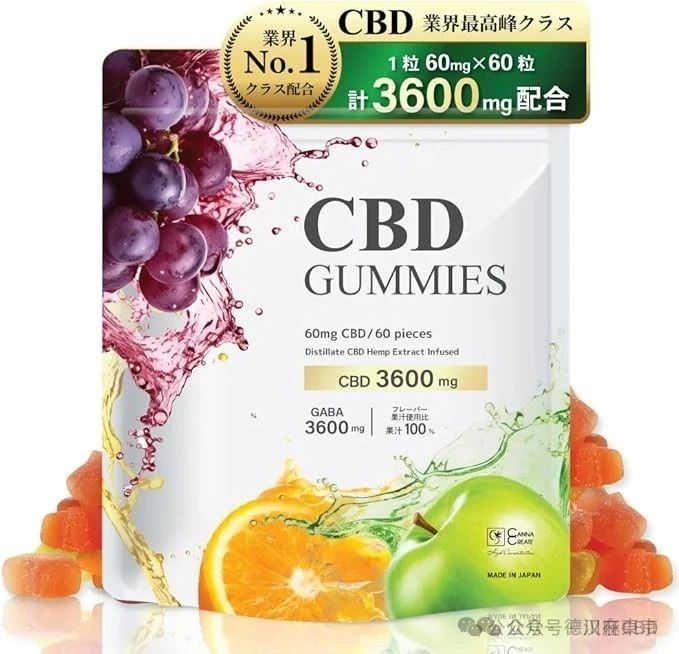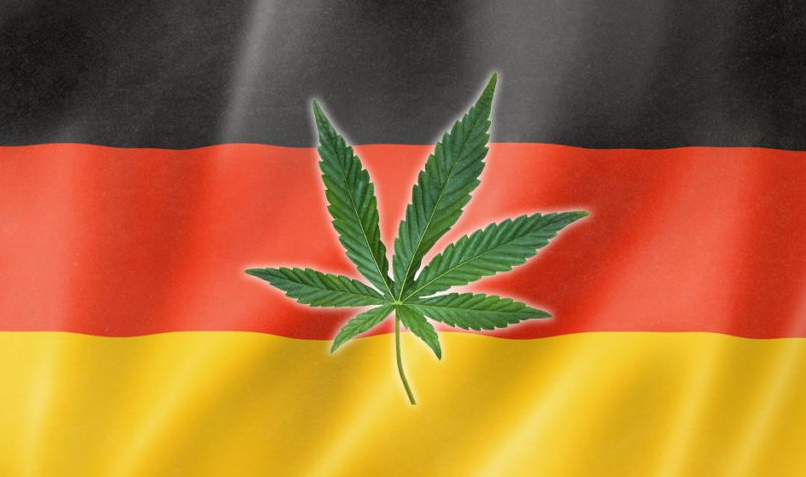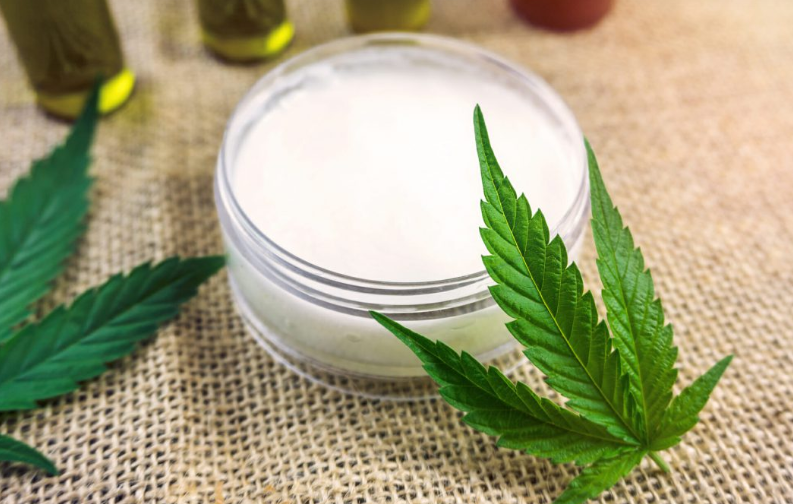A new poll shows that marijuana can help people drink less alcohol.
A new poll shows that more than half of marijuana consumers say they drink less or don't want to drink at all after using Cannabis.
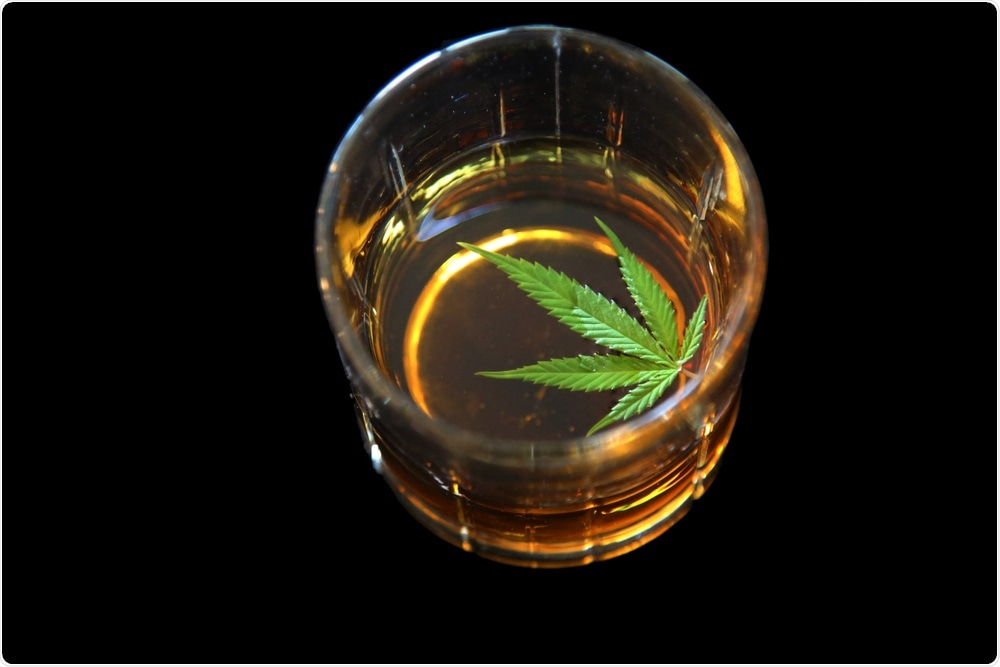
NuggMD, a popular cannabis telemedicine platform, recently shared the results of its survey. This is one of the latest pieces of evidence supporting the substitution effect theory. This theory says that more and more people are choosing marijuana as a less harmful alternative to alcohol.
When asked how marijuana use affects their drinking, 54% of respondents said they "tend to drink less or not at all." Another 22% said there was no relationship between the use of the two substances, and 14% said it "depends on the situation." Only 9% said they tend to drink more alcohol after using marijuana.
The survey was based on data from 381 marijuana users collected from January 9 to 12, and the margin of error is 5 percent.
Alexandra Arnett, NuggMD's lead researcher and fact checker, told the trade press, "Today's marijuana consumers are more about health than indulgence, and we're continuing to see this trend in our polling data."
"From a public health perspective, it looks like marijuana use is replacing alcohol consumption, which is a positive change," Arnett said."Many people are choosing to replace one non-lethal substance with another potentially lethal substance.But this substitution is only a safe, practical option in states where marijuana is legal.Our estimates show that 47 percent of Americans and 37 percent of domestic marijuana consumers still live in states without access to these legal markets."
Arnett said, "Even though more people are choosing to use marijuana instead of alcohol, the government still makes it hard for marijuana to be useful for society."
The results of the NuggMD survey are in line with a growing body of scientific research that suggests consumer trends are changing significantly as state legalization campaigns move forward and more adults are able to legally purchase cannabis products from licensed retailers.
For example, a survey published last month and conducted with the support of the National Institute on Drug Abuse (NIDA) found that young people are almost three times more likely to use marijuana daily or almost daily than to drink alcohol.
The poll found that more Americans use marijuana daily than alcohol, and that people who drink alcohol are more likely to say they would benefit from limiting their drinking.
Another study published in the journal Addiction in May of this year found that more American adults use marijuana daily than drink alcohol daily.
This new study was done around the same time as a Bloomberg Intelligence (BI) poll that found that more people are using marijuana instead of alcohol. This is happening as more and more states are legalizing marijuana, and people's views on how harmful it is are changing.In the poll, a lot of Americans said that they use marijuana instead of cigarettes and painkillers.
In another study from September, Bloomberg Intelligence (BI) said that more people are using marijuana instead of alcohol.
Another study released last month on the impact of marijuana consumption on people's use of other drugs suggests that marijuana may be a less dangerous alternative for many people, reducing their intake of opioids such as alcohol, methamphetamine and morphine.
Another Canadian study found that when marijuana was made legal, people started buying less beer. This suggests that people are using marijuana instead of beer.In Canada, the government has made marijuana legal at the national level.
These findings are similar to data from other recent surveys that asked Americans about their views on marijuana and alcohol.For example, a Gallup poll found that people think marijuana is less harmful than alcohol, tobacco, and nicotine e-cigarettes. The poll also found that more adults now use marijuana than smoke cigarettes.
Another survey from last June by the American Psychiatric Association (APA) and Morning Consult also found that Americans think marijuana is far less harmful than cigarettes, alcohol, and opioids, and that it is far less addictive than these substances.



